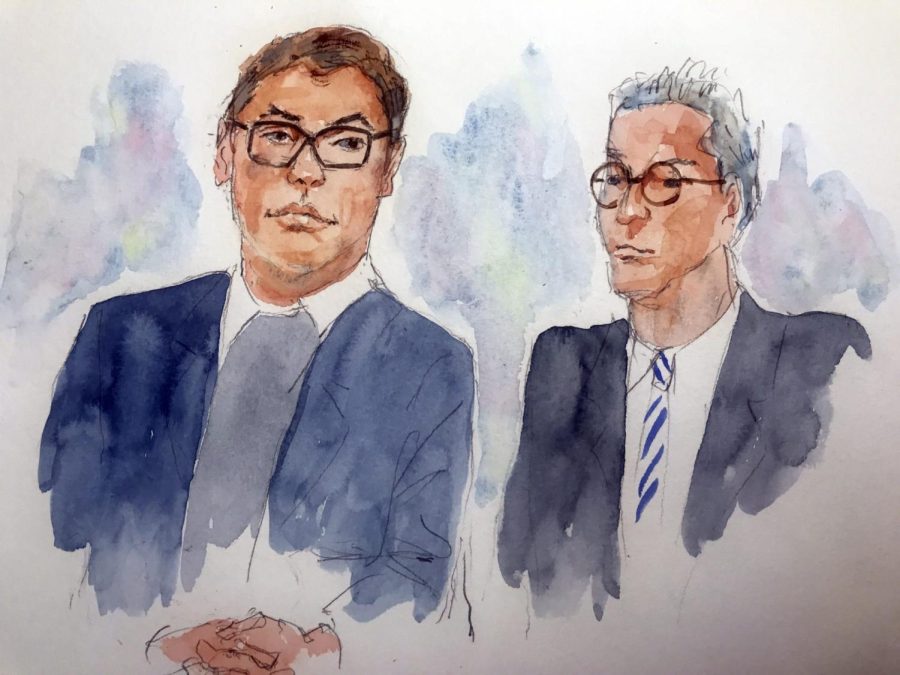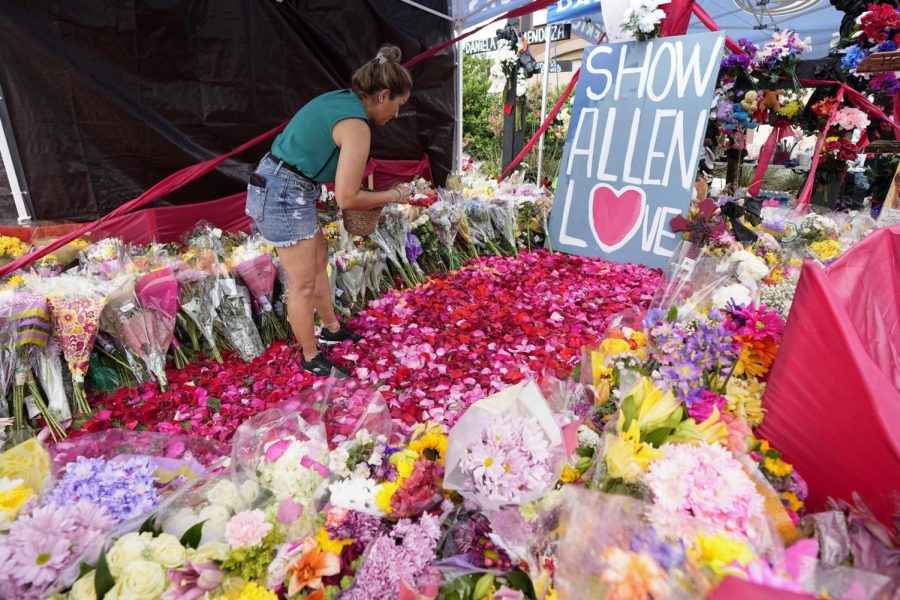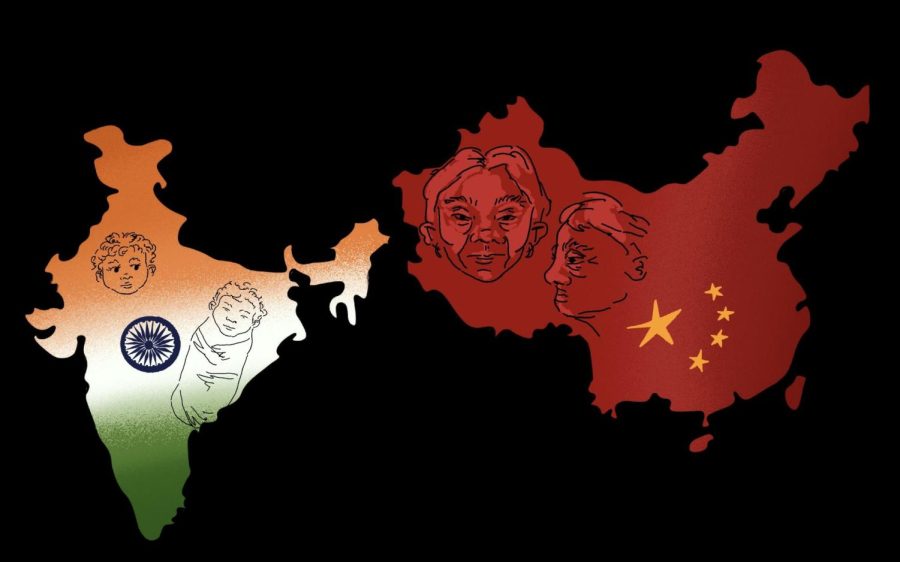Imagine the feeling of being buried alive, trapped under 15 feet of snow with little to no hope of survival. No food, no water and no heat.
That’s what thousands of European inhabitants are going through at this very moment.
Remember the snowstorm that hit Chicago last winter? Double, no, triple the severity and that’s what is going on in Eastern Europe. People are trapped in their own homes, and some have no way to escape.
“Snow was higher than the roofs,” said Lucia Iliev, 52, of Bucharest, Romania. “Roofs would crack and collapse because of the weight of the snow.”
Since the end of January, the region has been pummeled by the deep freeze, one of the heaviest blizzards in recent memory. Tens of thousands have been trapped in freezing homes and villages by walls of snow and impassable roads as officials have struggled to reach out to the vulnerable with emergency food airlifts.
“Trains weren’t working, cars were stuck — it was an orange code weather warning here, which means there was a terrible blizzard going on,” said Christian Anghel, 15, of Bucharest. “It was almost minus 30 degrees Celsius (minus 22 Fahrenheit) and we had about four to five meters (15 feet) of snow. At our home in Azuga, the pipes froze and we didn’t have water for days.”
In hard-hit Romania, some 23,000 people remain isolated in 225 eastern communities where more than one week of heavy snow has blocked roads and wreaked havoc on the rail network. Residents were worried their houses could collapse under the heavy snow as authorities struggled to bring them food, water, medicine and wood.
“This winter had the most snow we’ve ever had before,” said Luana Talpos, 22, of Baia Mare, Romania. “The snow was so big in the southern areas that people were trapped in their homes. Many people were stuck for weeks without heat or food. No one could even reach them because most of the roads were blocked by the snow.”
Romanian news channel ProTV showed images of people digging tunnels to escape their homes, cars tilted to their sides in the snow, animals seeking shelter and townsfolk wearing layers and layers of clothing.
One man even covered his only jug of water with his coat so that it would not freeze.
“Many towns were isolated,” said Lucian Barbu, 20, of Bucharest. “You may not hear this on the news, but because food was so limited, they would charge five times more for bread than what it would usually cost.”
Raluca Hulea, 22, a DePaul political science student from Alba Iulia, Romania, was concerned for the safety of her family.
“My mom and dad live back home and it’s a stressful situation, knowing that they are there when the weather is this bad. I would constantly watch the news and call them multiple times a day to make sure they were always okay,” she said.
Other areas in Europe were hit just as hard. Freezing temperatures and over 10 feet of snow affected Albania and Serbia to the point that both countries had to declare a state of emergency.
Klesti Albrahimi, 18, of Prrenjas, Albania said, “This year’s winter was the worst I’ve ever seen. Most of the snow is in the northern part of the country and is as high as three meters.”
Serbia, like the rest of the Balkans, is covered in a deep blanket of snow. Large patches of pavement have been cordoned off because of the threat of death from falling icicles. Feb. 7, a woman was killed by a 4 kilogram (9 pound) block of falling ice. Across the country another 20 are reported to have died.
Nevena Radivojevic, 21, a DePaul industrial and psychology student, has family in Central Serbia, Kaludra.
Her grandfather, Miroslav Nikolic, 66, told her that in all his years living in Serbia, never has he a seen a winter like this one.
“If you try to shovel a path from the house to the street, within 10 minutes it is covered in snow once again,” said Nikolic.
Her grandmother Ljubica Nikolic, 70, said, “It’s scary because there are a lot of sick elderly people here. If, God forbid, someone needed a doctor, the ambulance cannot come. There is too much snow. They can’t get through. Everyone just stays in the house, and it is so cold you can’t stand to be outside more than five minutes.”
Strong winds also closed down Bulgaria’s main Black Sea port of Varna, while part of a major highway leading to Bulgaria and Greece from Turkey was closed after a heavy snowfall.
George Ivanov, 24, of Varna, Bulgaria said, “It looked like the sea had frozen over and snow covered the tops of just about everything.”
According to CNN, at least 135 people have died in Ukraine, more than 50 in Poland, 64 in Russia, 39 in Romania and hundreds more across Albania, Bosnia, Croatia, France, Italy and other countries in Europe.







